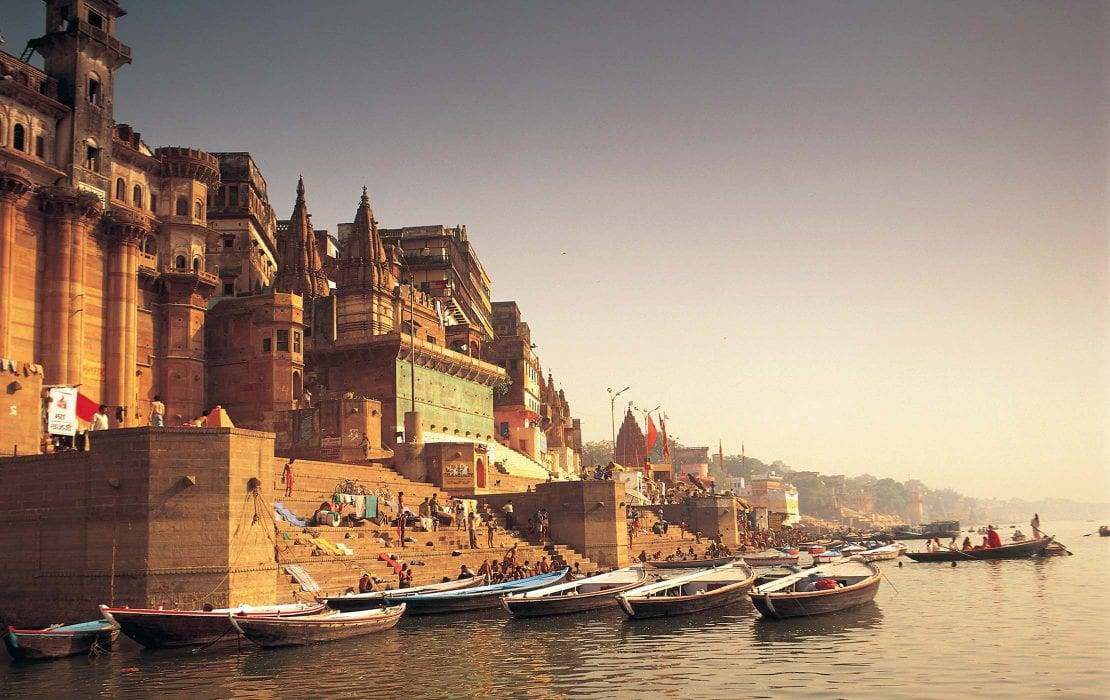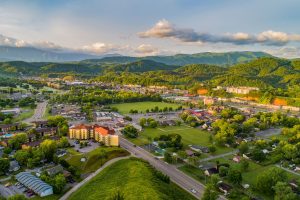A great story about the Varanasi paradox!, Read about the things to do in India for a perfect travel experience. As I heard the old man who was rowing the boat, I couldn’t help but think, “What a paradox!” And later I again thought the same!
Varanasi has been photographed to death. There is no scenery, just a heavy dose of religion and culture that I couldn’t care less about. Also, I judge too quickly, like when I thought Rajasthan was boring and then Tamilnadu.
As you guessed it already, at first I was not interested in Varanasi. But the only reason we all travel is the uncanny ability of these places to throw surprises at us when we least expect them. We are left with eyes wide open as we see what we never thought we would find.
Here’s what I found out.
1- You’d think you can’t live freely but apparently, you can’t die free either!
The river was gently flowing and the boat was going along with the flow. The old man had little to do other than keep the boat close to the ghats. At times he was merely reading the names of the ghats as we passed by. Occasionally some of his words would catch my attention. He said even death comes for a price here.
I looked up interested, and he continued. He went on to say that these ghats were owned by Dom Raja and he collected tax for each and every dead body that comes to the ghats to be cremated. Without wood from the Dom Raja, the cremation is not considered complete and one just doesn’t attain mukti or nirvana like that. Death taxes have to be paid and wood has to be bought.
Here we stand at one of the oldest and holiest cities famous for releasing the soul from earthly existence and putting an end to reincarnation but it appears you can only buy freedom, even in death! The paradox heightens even more when we think of all those people who come to Varanasi just to die. They wait for their last breath at Mukti Bhavan and god save them if they have no money, for the journey would get them nowhere closer to escaping the eternal cycle of rebirth!
2- The holiest city is also the dirtiest city!
Since childhood we’ve all learnt it over and over again, cleanliness is next to godliness! But here at Varanasi, the age-old learnings go for a toss. Or maybe it is this resilience to filth that makes Varanasi the oldest living city. The river is polluted to the maximum or maybe the holy Ganga can take a lot more.
But the true paradox here is when people come here to wash away all their sins by taking a dip in the holy waters or is it a case of two negatives turning positive? The river takes anything and everything and dissolves in itself, anything from burnt bodies to dead cows to sewage to all the offerings in the name of prayer.
It is not just the river but the entire city is mired in loads of garbage. I always imagined something holy to be insanely clean. I remember the festivals that we celebrated at home and how important it was for everything to be sparkling clean for the puja. But here at Varanasi, it is a different world altogether!
3- You’ll encounter two kinds of people in a day – the sweet and the sour
I think you’ll agree with me, it is hard to empathize with hawkers and those ridiculously irritating auto drivers, anywhere! To many, a tourist is an easy prey to make some easy money. In the first instance, we got into a shared auto along with a Buddhist monk. That was our first day in Varanasi and we really didn’t know our way around.
We asked the auto driver if he could take us to the ghats and as expected he quoted an obnoxious amount. We were almost ready to pay as the monk took us by surprise. He was really old and his words were barely understandable but he spoke, he scolded the auto driver for trying to con us and he told us the right way and the cheap way to reach the ghats.
A few days later when an auto driver dropped us at our guesthouse, he was asking for more than we had agreed for initially, which is when the other man who was with us in the shared auto, actually came back to tell the driver the agreed price. In all my travels, this has never happened to me before, definitely not twice at the same place. So turns out, in Varanasi not everyone is trying to con you!
4- Things get stolen in an instant yet the shopkeepers along Vishwanath Gali are where your belongings are safe
The catch in visiting the famous Kashi Vishwanath Temple is that no bags and belongings are allowed with you into the temple. The fact is that this temple sits in the heart of a tight maze of narrow cobblestoned passages lined with numerous shops.
You never know when the shops end and where the temple starts. And the biggest surprise comes when everyone on the Varanasi tour tells you to be safe and extremely watchful of your belongings as they have a tendency to find their way into the thieves’ hands (or is it the other way round?) but it is seemingly perfectly okay to leave your valuables with the shopkeepers here without any receipt. Things surely work in a different way around Varanasi, it is not just said but many people actually do leave their stuff with the shopkeepers.
5- Birth and Death are just two sides of a coin, equally embraced and celebrated.
Nowhere have I seen death to be embraced as dearly as it has been here in Varanasi. In a day you’d pass by at least three processions of weddings and two processions carrying a dead body. Everywhere else there is such strong taboo surrounding death, cremation burial grounds and ashes. Women aren’t even allowed to enter cremation grounds usually.
But here death is an everyday affair and everything exists side by side, the holy river, the holy temples, the burning ghats and burning bodies. You can walk into Manikarnika Ghat where the bodies are burnt, and have a cup of tea while you see bodies wrapped in white being brought to be burnt. Then you can probably head to Kachori wali gali and have a feast. Later you can go by your day. This is not possible elsewhere in India.
Conclusion
Everything I saw on my Varanasi tour puzzled me. It didn’t make much sense, but that is how it is in Varanasi, the city has evolved for so long and so have its traditions, a class apart from anything I have seen or heard so far. There is something to Varanasi, I still do not know if the feeling is unsettling or if is it of wonder! I call it the “Varanasi Paradox.











